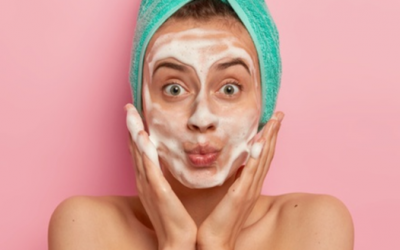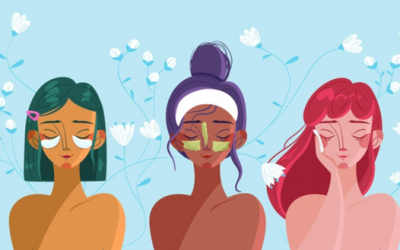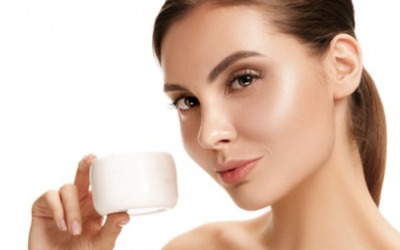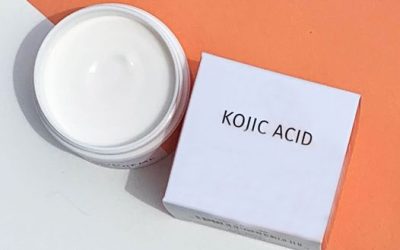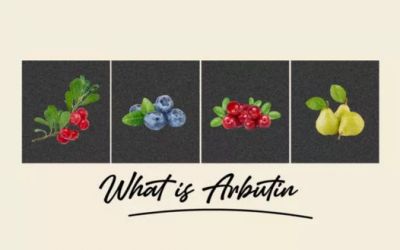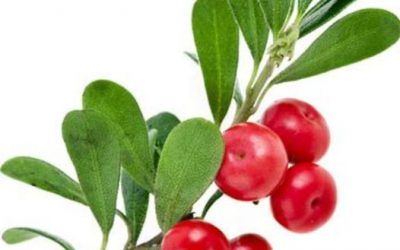Dr. Tan’s Blog
Subscribe and check out Dr. Tan’s articles to read more about the latest updates, trends and happenings on safe and effective aesthetic treatment and home care.
Q&A Series #78
Q: Where did the acne causing bacteria come from? A: The bacteria that is responsible for our acne breakouts is called Propionibacterium acnes (P. acnes). They live on our skin all the time, they only become a problem when a pore is blocked, that's when we get an...
Q&A Series #77
Q: Why choose arbutin over hydroquinone for long term use? A: Arbutin is a naturally occurring derivative of hydroquinone. It is believed to be one of the best alternatives to hydroquinone as it provides the skin-lightening effect of hydroquinone without some of the...
Q&A Series #76
Q: Is Kojic Acid safe? A: Generally, Kojic Acid is found to be safe to be used in cosmetic product in a concentration of 1% or lower. However, some individuals may still experience side effects or risks from its use. Contact dermatitis is the most common side effect...
Q&A Series #75
Q: What is Kojic Acid? A: Kojic Acid is also a natural lightening agent. It is derived from several types of fungi. it can also be a byproduct of the fermentation process, namely from Japanese sake, soy sauce, and rice wine. Kojic acid inhibits and prevents the...
Q&A Series #74
Q: How arbutin helps in lightening sunspots? A: Arbutin is a natural skin lightening agent. It is all-natural and can be extracted from bearberry, blueberry, cranberry, and pears. It works well on sun spots, age spots, acne spots, and melasma. Furthermore, arbutin...
Q&A Series #73
Q: What is bearberry? A: Bearberry is native to North America, Europe and Asia. Its extract has been widely used in skincare product. Bearberry extract is a natural skin lightening ingredient. It contains arbutin, a natural skin lightener and brightener. It also...
Subscribe Now!
Get the latest Dr. Tan’s articles on aesthetic treatment tips and tricks now.

